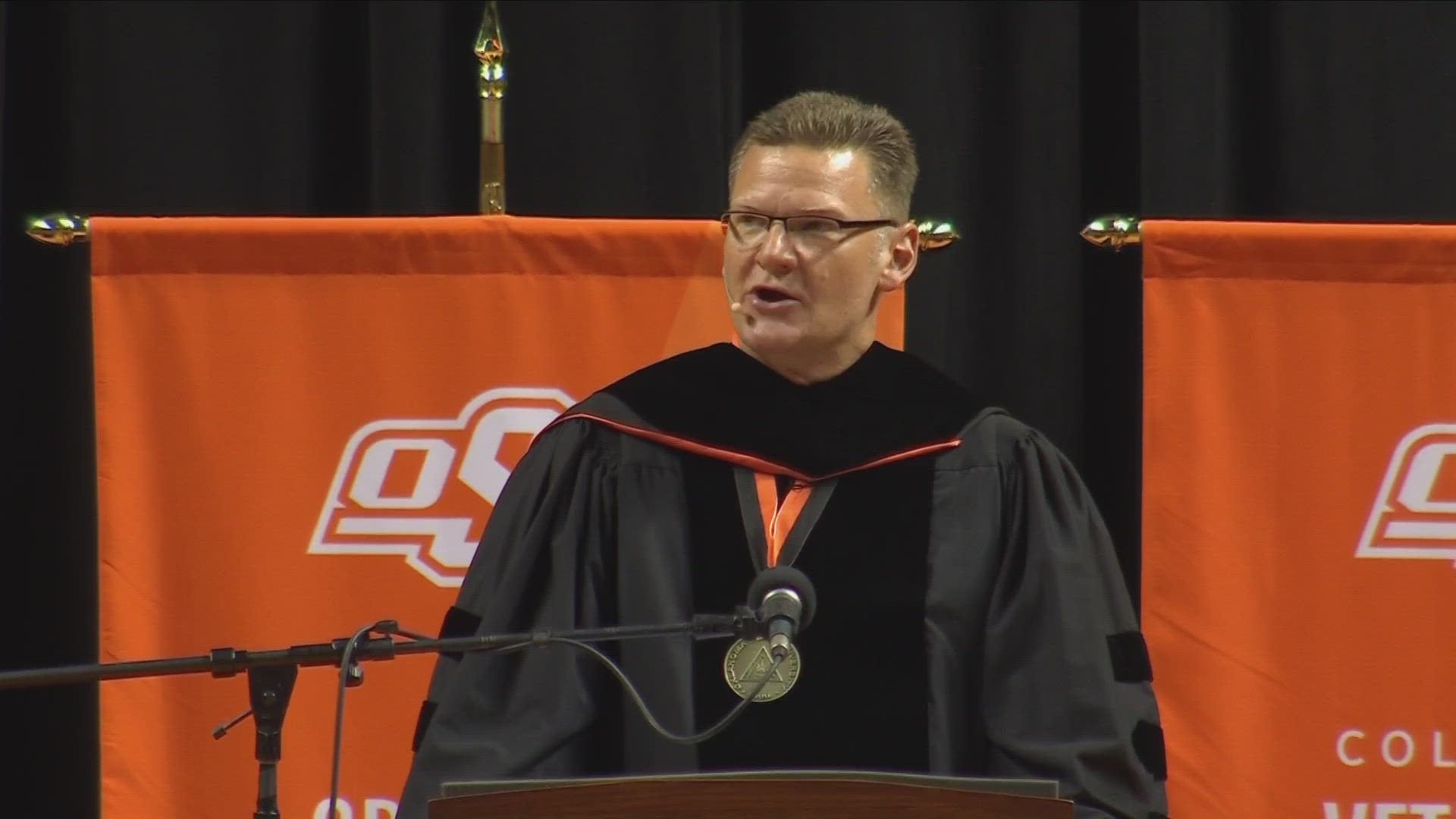ORCHARD PARK, N.Y. — Wearing shorts and his familiar No. 3 blue practice jersey, Buffalo Bills safety Damar Hamlin began easing his way back into football during the team’s voluntary minicamp on Tuesday, some five months after having a near-death experience on the field.
The only thing missing was his helmet.
Though held back from taking part in team sessions, Hamlin participated in individual drills and the stretching portions to open and end practice in taking the next steps toward resuming his football career.
“We’re taking it one day at a time and just support Damar in every way possible,” coach Sean McDermott said. He otherwise did not provide any timetable as to when the player can resume practicing fully a little over a month after Hamlin was cleared to play.
The 25-year-old Hamlin went into cardiac arrest and had to be resuscitated on the field after making what appeared to be a routine tackle during the first quarter of a game at Cincinnati, and being broadcast to a national prime-time audience on Jan. 2.
Defensive backs coach John Butler shed further light on the team’s approach to Hamlin's practice routine by saying it’s based on constant communication between the player and the Bills medical staff.
“This is Damar’s process,” Butler said. “All we can do is listen, communicate with him and try to get on the same level as him.”
The Bills’ slow approach to Hamlin’s participation appears in line with how they’ve eased back other players coming off major injuries. And it’s understandable in regards to Hamlin, given how much time he missed during a lengthy recuperation process that limited him from much physical exertion before reporting for the team’s voluntary workout program last month.
Hamlin still required a respirator to help him breathe for several weeks after being released from the hospital in mid-January.
He has made it clear he wants to resume playing. Saying his heart was still in the game, Hamlin announced his NFL comeback a little over a month ago after being cleared to play by the Bills and several independent specialists. Not wanting to give into fear and concern, Hamlin said there was little chance of the episode recurring in revealing specialists agreed his heart stopped as a result of commotio cordis, which is a direct blow at a specific point in a heartbeat that causes cardiac arrest.
“This was a life-changing event, but it’s not the end of my story,” Hamlin said last month.
With his focus now on resuming football, Hamlin’s next steps will be no different from any other NFL player in his bid to secure a roster spot entering his third season. The Bills have two more weeks of voluntary practices before opening a mandatory minicamp in mid-June, followed by training camp opening in late July.
“It’s a miracle,” Butler said, assessing how far Hamlin has come since January.
“To have him out there, in the drills, in the walk-throughs, in the meetings and just around day to day, I think it’s incredible,” he added. “But based on where he’s going, I think he’s definitely heading the right direction.”
Hamlin’s recovery has been called remarkable by doctors who treated him. He spent the first few days of his recovery in a medically induced coma at the University Cincinnati Medical Center. His motor and cognitive skills quickly returned and he spent 10 days in hospitals in Cincinnati and Buffalo before being released.
Hamlin’s collapse led to an outpouring of support from around the NFL and across North America, with donations made to Hamlin’s charitable organization topping more than $9 million. And his recovery has been celebrated, with the player honored by the NFL, the NFL Players Association and most recently being selected by the Professional Football Writers of America as winner of the George Halas Award, which is given to an NFL player, coach or staff member who overcomes adversity to succeed.

